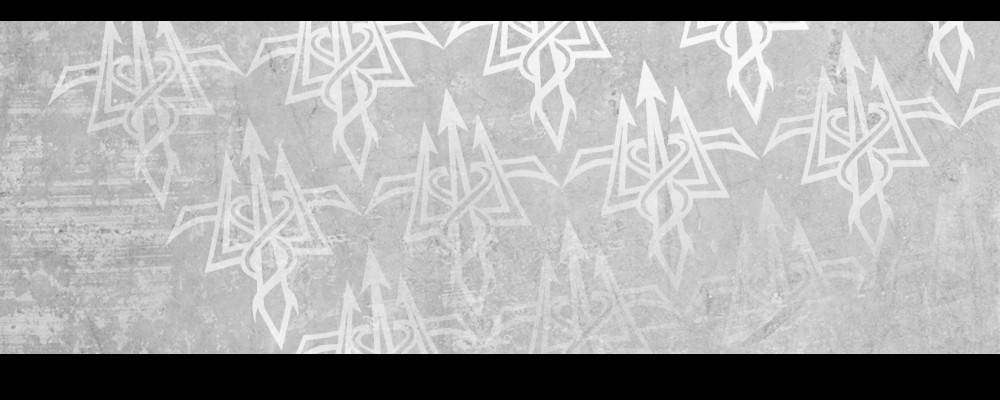Paramedic-DMTs in Diving Operations
In the dynamic world of underwater exploration and commercial diving, the role of a Dive Medical Technician is critical for ensuring the safety and well-being of divers. Commercial Divers who have been through a DMT Course fill this role, however, a Paramedic-DMT brings a unique set of skills that offer distinct advantages. Let’s explore the benefits of having a Paramedic-DMT over a Commercial Diver-DMT.
Medical Expertise Beyond Diving Injuries: One of the primary advantages of having a Paramedic-DMT is their extensive medical training. Paramedics are equipped to handle a wide range of medical emergencies beyond diving-related injuries. This broad skill set means they can respond effectively to various healthcare emergencies. From cardiac events to trauma injuries, a Paramedic-DMT brings a comprehensive medical background to the diving site.
Quick Decision-Making Under Pressure: Paramedics are accustomed to making split-second decisions in high-pressure situations, a skill honed through their experiences in emergency medical services. This ability is invaluable in the unpredictable and sometimes hazardous offshore environment. Whether responding to a diver in distress or addressing unforeseen challenges during a mission, the Paramedic-DMT’s capacity for quick decision-making can be a lifesaver.
Effective Communication and Team Collaboration: Communication is paramount in any high-risk environment, and Paramedic-DMTs excel in this regard. Their experience in coordinating with diverse teams during emergency situations fosters effective communication and teamwork. Clear and concise communication is crucial for ensuring everyone involved in a diving operation understands the plan and can respond promptly in case of emergencies.
Versatility in Emergency Situations: Paramedic-DMTs bring versatility to diving operations, thanks to their ability to adapt to diverse medical scenarios. Unlike Commercial Diver-DMTs, whose training is primarily focused on diving-related injuries, Paramedic-DMTs can handle a broader spectrum of emergencies. This versatility can prove to be a significant asset when facing unexpected challenges during a campaign.
Enhanced Pre-hospital Care: The “golden hour” principle emphasizes the importance of prompt medical care within the first crucial hour following an injury. Paramedic-DMTs, with their pre-hospital care expertise, can administer critical interventions more effectively during this crucial time frame. This proactive approach can significantly improve outcomes for injured divers and personnel.
I recently read a post about needing a Hyperbaric Physician to examine a Tension Pneumothorax prior to hyperbaric therapy. When a patient has a Tension-Pneumo every second counts, as this is a life-threatening condition. A Paramedic is trained to perform Needle Decompression and alleviate the Tension-Pneumo. And, it doesn’t require hyperbaric treatment as these are treated everyday in non-diving accidents.
There are programs for Commerical Divers through IMCA that provide DMT certification. These courses are two weeks in duration and basically provide First Responder Level (EMR) training specific to diving emergencies. An EMT can also sit for the NBDHMT DMT Certification Exam. Through either certification route, the end result is a DMT without Advanced Life Support Training. Sure, it checks a box, and you have a DMT on the jobsite but what is the true capability of this DMT?
Medical Direction is only a phone call away but if the DMT Provider is not skilled and experienced in the treatment the Physician is requesting, how effective is that phone call? Here is an example everyone should understand. You are sitting at home and are experiencing an emergency. Pick the emergency, any one will do. But it is severe enough for you to call 911 and ask for help.
Let’s say you are having chest pain. When the rescue rolls up at your house, in most communities, at least one Paramedic will show up. They will have a cardiac monitor/defibrillator, oxygen, advanced airway management tools, and drugs. The Paramedic will put you on the monitor, analyze your cardiac rhythm, and provide treatment based on their training and protocols to promptly render aid and transport you to the hospital.
Instead of a Paramedic, a EMT or First Responder shows up. They have an AED, oxygen, and basic airway tools. No medications. The responder will hook you up to the AED only if you are in cardiac arrest and the AED will only work if you have a shockable rhythm. You basically have to DIE, for the AED to work. The responder will load you into the ambulance and transport you to the hospital. If the hospital is close, maybe you can receive prompt treatment and survive. If not, well your outcome may not be so great.
Now, move that scene offshore or to a remote location. How far out is that helicopter? Pressing you in a chamber isn’t going to fix everything. Can your DMT provide pain management if you have multi-system trauma or even a simple fracture? Can they provide an advanced airway to keep you oxygenated while waiting on that rotor asset?
Who do you want at your side in anything other than maybe Type I DCS or indigestion? If you are honest with yourself, it is that well trained Paramedic/DMT that can provide a medical response to practically any emergency. Not the DMT that survived a two-week course and is now wearing the DMT shirt on your job carrying their AED around.
Emergency Medical Care should be provided by those with training and experience in emergency medicine. A Paramedic is your best option to provide medical care in any situation. While other DMT personnel can be a medical force multiplier, do you want them to be your primary provider?
There is a supporting role for the Commercial Diver that is also a DMT and that training should continue. But if it is being used to check a box, and save a buck, you are putting your personnel at risk and providing sub-par medical care.
Tags: DMT, DMT Paramedic, Paramedic






